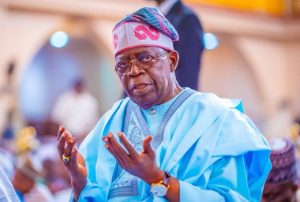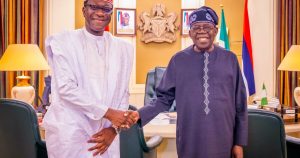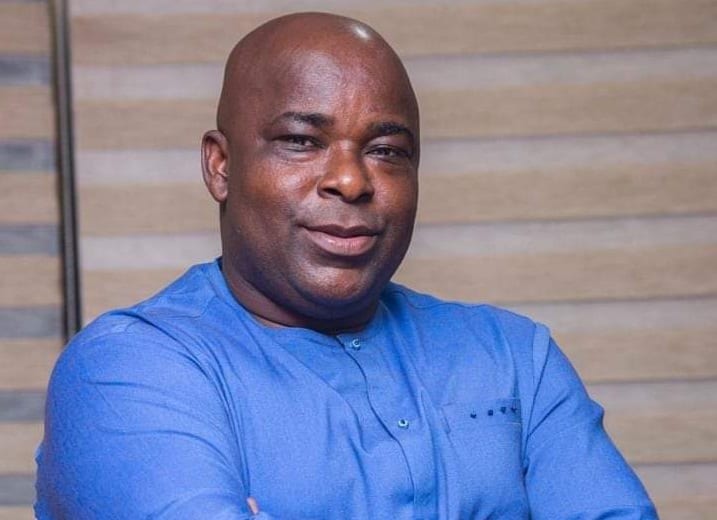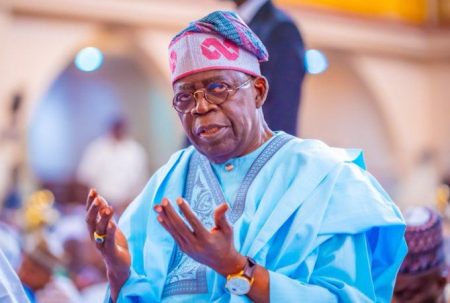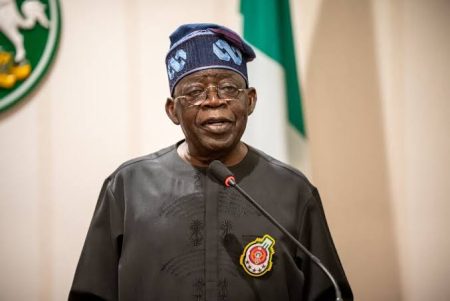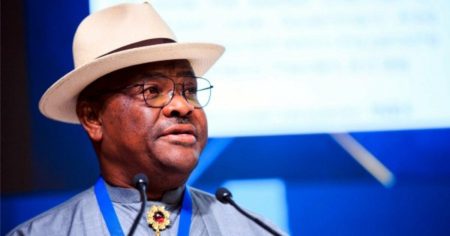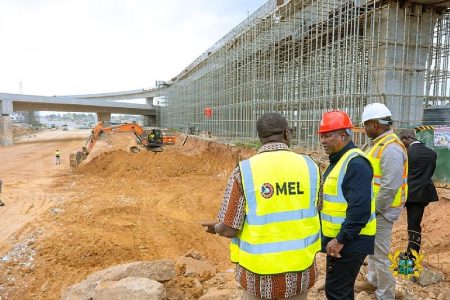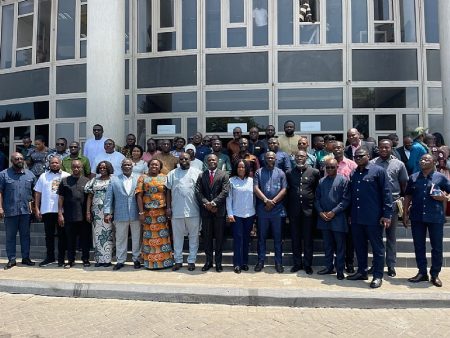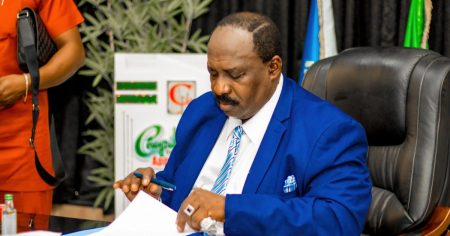The monetization of Ghana’s electoral process has sparked a significant controversy, with Michael Okyere Baafi, the Member of Parliament for New Juaben South, issuing a stern warning about his political future. Following the Akwatia by-election held on September 2, 2025, Baafi expressed his deep concern over the pervasive influence of vote buying, condemning it as a dangerous practice that undermines the very essence of democratic principles. He accused the opposition National Democratic Congress (NDC) of engaging in this illicit activity, alleging that they distributed sums of money ranging from GH₵500 to GH₵1,000 to individuals on polling day, alongside other inducements such as hair dryers and spraying machines. Baafi’s frustration with this alleged corruption led him to declare that he would not seek re-election if the issue of vote buying remains unaddressed in Ghana’s electoral system.
Baafi’s strong stance against vote buying reflects a growing concern among political figures and citizens alike about the integrity of Ghana’s elections. The practice of exchanging money or goods for votes not only distorts the democratic process but also disenfranchises voters who may feel compelled to choose candidates based on financial incentives rather than their political platforms or qualifications. This creates an uneven playing field, favoring wealthier candidates and parties who can afford to engage in vote buying, while marginalizing those who lack the same financial resources. The long-term consequences of such practices can be detrimental to a nation’s democratic health, eroding public trust in the electoral system and potentially leading to instability and unrest.
The allegations against the NDC in the Akwatia by-election highlight the challenges Ghana faces in combating vote buying. While it is crucial to investigate these claims thoroughly and hold those responsible accountable, addressing the root causes of this practice requires a multifaceted approach. Strengthening electoral laws and regulations, enhancing the independence and capacity of electoral institutions, and promoting voter education and awareness are all vital steps towards curbing vote buying and ensuring free and fair elections. Civil society organizations, media outlets, and international partners can also play a crucial role in monitoring electoral processes, exposing irregularities, and advocating for reforms.
Baafi’s ultimatum regarding his political future underscores the urgency of addressing the issue of vote buying. His decision to potentially withdraw from future elections if the practice persists serves as a wake-up call to the Ghanaian government and political parties to take concrete action. It also highlights the responsibility of individual politicians to uphold ethical conduct and promote a culture of integrity in the electoral process. By refusing to participate in a system tainted by vote buying, Baafi sends a powerful message that such practices are unacceptable and must be eradicated.
Furthermore, Baafi addressed a previous statement he had made about resigning if his party, the New Patriotic Party (NPP), lost the Akwatia by-election. He acknowledged that his earlier remarks were ill-advised, explaining that they were intended to motivate his campaign team but ultimately went too far. He apologized to the public for his words, emphasizing that they were made in the heat of the moment and did not reflect his genuine intentions. He attributed the NPP’s loss in the by-election to the scale of vote buying, suggesting that the practice had significantly influenced the outcome.
In conclusion, Michael Okyere Baafi’s condemnation of vote buying and his warning about his political future bring to light the serious challenges facing Ghana’s electoral system. The allegations against the NDC, the practice of exchanging money and goods for votes, and the potential consequences of this corruption all underscore the need for urgent action. Strengthening regulations, empowering electoral institutions, and promoting voter education are crucial steps towards ensuring free and fair elections. Baafi’s stance serves as a call to action for all stakeholders to work together to eliminate vote buying and safeguard the integrity of Ghana’s democracy. His apology for his earlier resignation remarks further emphasizes the complexities of the political landscape and the importance of responsible and measured communication. The future of Ghana’s electoral system, and indeed its democracy, hinges on the collective efforts of all involved to tackle this pervasive issue and uphold the principles of free and fair elections.


